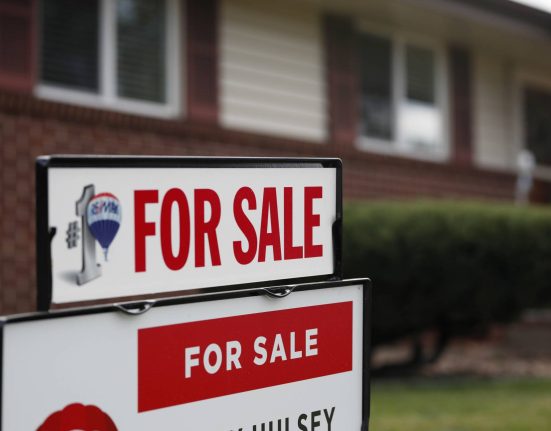COLE COUNTY, Mo. (KMIZ)
Some Cole County property owners could soon be paying more in taxes.
Cole County’s Board of Equalizations voted Tuesday to raise the assessed value of certain parts of the county by 5%. The vote came after the State Tax Commission issued an order last Wednesday telling the county it had until Aug. 23 to raise property tax assessments.
The commission issued the order after finding that assessments lagged where they should be. That means property owners are paying less in taxes than they should be.
“It is the responsibility of the Commission to inquire into the methods of assessment and determine whether the assessing officers and boards of equalization are discharging their duties as required by law,” the equalization order states.
The order states that Cole County’s assessments in 2023 were 67.53% of market value.
Western District Commissioner Harry Otto said Cole County has ongoing issues with property tax assessments because of Cole County Assessor Christopher Estes.
“He did not do a countywide reassessment, which the statute requires every two years,” Otto said. “It doesn’t say half of it one two year period and half of it another. And that’s been his mood the last several reassessment periods is to do half and half.”
ABC 17 News spoke with Estes on Tuesday prior to the meeting. He said over the years, many factors contributed to assessment backlog.
“In 2017, the county commissioners decided that the assessor’s office was going to have a new software,” Estes said.
Estes said his team’s software — which is used to do appraisals — was switched in 2020 and that change is to blame for a backlog that has left some areas of Cole County unassessed for years. He said the new system had many differences that has he and his team assessing portions of the county one property at a time.
“We lost the capability to do the sales comparable method,” Estes said. “In any practical sense, I would have to add additional staff. I would have to increase our budget a lot to be able to take care of that. So we’ve been stuck going property by property.”
He said he told commissioners that was the way he and his staff were forced to operate under the new system, but those concerns were ignored year after year.
“After the 2019 assessment, we had to go house-by-house through every single house in the county and review the information,” Estes said. “We had to see what percentage of brick and what percentage of frame a house might have, and then record that in our file for that property.”
Estes said years of not having the proper resources and staffing he needed to do the job is what led to the STC stepping in.
“We’ve had the software situation, we’ve had the COVID situation, and I have a staffing situation,” Estes said.
He said the COVID-19 pandemic dried up the housing market in Cole County.
“In Cole County, there’s usually about 400 houses on the market,” Estes said. “And at any given time over the past three years, they’ve averaged like 40 houses. Huge difference. So obviously, if your supply is really low, your demand is really high.”
He said that year being the same year the software switch happened created a “perfect storm” for the assessor’s office.
“So all of those things combined got us to where we’re at now. And in [20]23, the ’23-24 ratio study, we were at 67.53, which is just horrible. I’m actually embarrassed to say that number because it’s not where we usually are and it’s not where we would be if we had what we needed to do to do the job,” Estes said.
Otto said Estes let the county down and that did not uphold the duties of his office.
“He never takes responsibility. He blames the software. He blames the commission. He blames this inability to hire people. Well, that’s his job, is to find good people, hire them, put them to work,” Otto said.
Estes told ABC 17 News after the meeting that the vote to adhere to the STC’s order and raise property tax assessments by 5% was not the outcome he’d hoped for.
“It bothers me that all those taxpayers that are now going to see an increase do not have an opportunity to appeal the value of that,” Estes said. “That’s the big problem that I see with it right now.”
Estes is retiring at the end of August after nearly two decades of service.
Tim Theroff is set to become the new assessor on Sept. 1 and will be tasked with making the assessment changes when he takes office.







